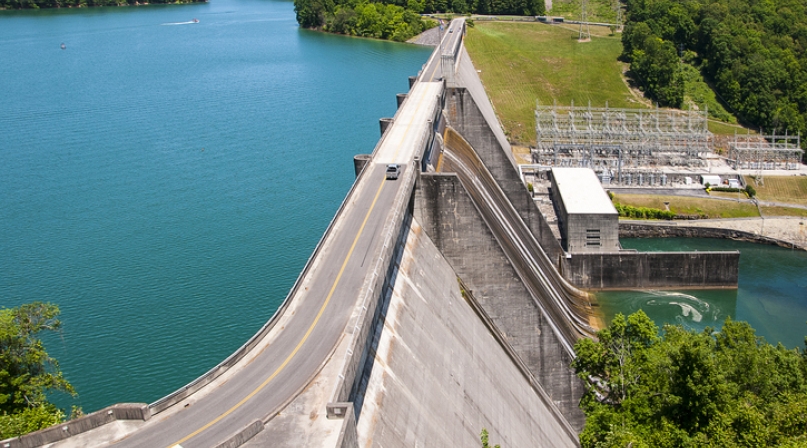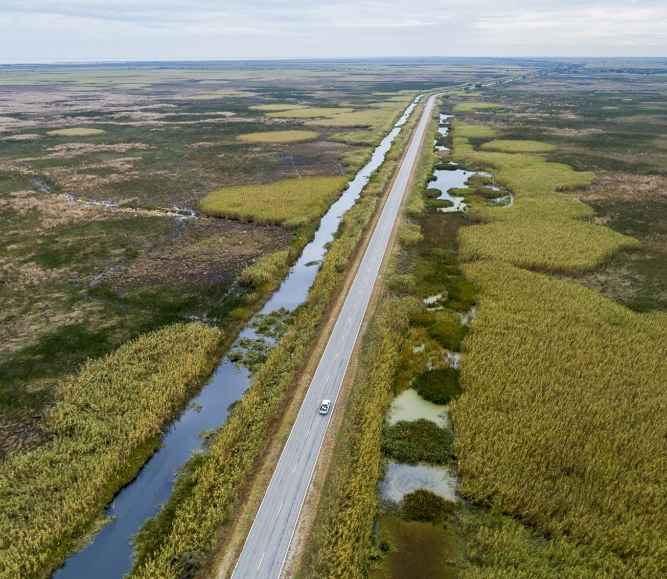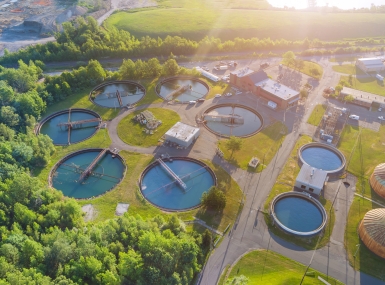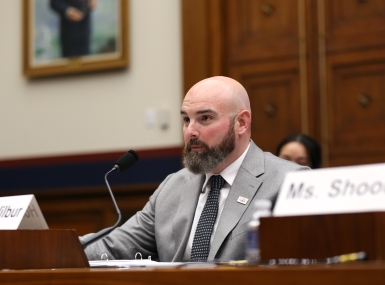U.S. Environmental Protection Agency issues proposed rule on defining 'Waters of the U.S.'
Upcoming Events
Related News

Key Takeaways
On November 18, the U.S. Environmental Protection Agency (EPA) and the U.S. Army Corps of Engineers (Army Corps) announced a proposed rule to re-establish the pre-2015 definition of “Waters of the United States” (WOTUS). The proposed rule codifies the EPA and Army Corps implementation of pre-2015 WOTUS guidelines following the August 30 U.S. District Court Ruling, which vacated and remanded the 2020 Navigable Waters Protection Rule. The comment period for the proposed rule closes on February 7, 2022. Earlier this year, the agencies announced their intent to initiate a 2-step rulemaking process on WOTUS. NACo submitted comments detailing county concerns and priorities.
EPA’s proposed rule is part of its 2-step rulemaking process, the first being to repeal the 2020 Navigable Waters Protection Rule and the second to craft a new definition of WOTUS. As part of the first rulemaking, the EPA released its Economic Analysis for the Proposed “Revised Definition of the ‘Waters of the United States’” Rule.
As owners and operators of local water infrastructure, the WOTUS definition directly impacts local governments. Depending on the final definition, counties may need to apply for a federal permit to maintain or build new infrastructure projects. Some county-owned infrastructure that may be impacted are:
- Public Safety Water Conveyances: Roads and roadside ditches, flood control channels, drainage conveyances, culverts, etc.
- Stormwater Municipal Separate Storm Sewer Systems (MS4): Comprised of channels, ditches and pipes
- Green Infrastructure Construction and Maintenance Projects: Includes but is not limited to low-impact development projects (LID), bioswales, vegetative buffers, constructed wetlands, stormwater detention ponds, etc.
- Drinking Water Facilities and Infrastructure Reservoirs, dams, ponds, canals, large water transport systems (Central Arizona Project, California Aqueduct, Colorado River Aqueduct, etc.)
- Water Reuse and Infrastructure: Includes facilities built to generate additional water supply, their ponds, recharge basins, canals and ditches.
Counties strongly believe that changing the WOTUS definition will have far-reaching impacts on our communities and residents. Counties support keeping the terms navigable and/or navigable waters in the Clean Water Act to protect intrastate waters, including wetland habitats, rivers, and streams within the United States and to protect the basic, fundamental principles of local land use control in accordance with the goals of the CWA. NACo will keep members informed of any additional updates.
For more information on WOTUS, visit https://www.naco.org/wotus.
Featured Initiative
Waters of the U.S. Action Center

Related News

U.S. Environmental Protection Agency announces actions to combat PFAS contamination
On April 28, the U.S. Environmental Protection Agency (EPA) announced a new suite of upcoming actions to address contamination from per- and polyfluoroalkyl substances (PFAS). These measures, outlined by EPA Administrator Lee Zeldin, aim to strengthen scientific understanding, enhance enforcement and build partnerships with impacted communities, including counties and other local governments.

NACo testifies before Congress on brownfields revitalization
On May 7, Oswego County, N.Y. Clerk Terry Wilbur testified on behalf of NACo before the U.S. House Subcommittee on Water Resources and Environment at a hearing titled “Cleaning Up the Past, Building the Future: The Brownfields Program”.

County Countdown – May 6, 2025
Every other week, NACo's County Countdown reviews top federal policy advocacy items with an eye towards counties and the intergovernmental partnership. This week features